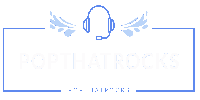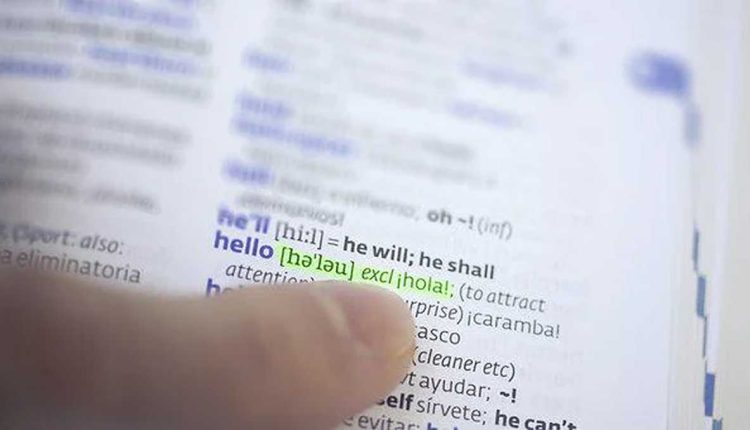There was a site that I arrived over yesterday, where individuals were questioning or complicated about what fluency really signifies.
Being fluent in terminology, as I understand it, is able to speak that terminology easily, comfortably, and naturally and not having to think of how to say actually what you really want to say. Meaning, therefore that when you chat about the language, you are not fumbling for simple, everyday phrases, or thinking of how to conjugate a verb as you are gonna speak. Whatever you have in mind for the state comes out of your mouth effortlessly.
You are able to carry on a conversation naturally with a native speaker. Foreign languages are not stilted or pressured. You speak confidently. There is not any hesitation when you are speaking. Your current turns of phrases and also idioms are just right for the specific situation and the context and co-text of the conversation.
You can recognize the nuances of the vocabulary you are hearing quite simply. You will have the same gestures and gestures as native speakers once you speak. You can comfortably maintain your own in any conversation inside the language.
That’s how I realize it. That is as basic as I can explain OUR view of being fluent in a language. Of course, if you have another idea as to what fluency inside a language means I’d like to notice your views.
I am communicating from experience and what I use seen among my friends who will be bilingual (e. g occupied home with one father or mother who is native English and also another who is native Spanish); those who learned a second vocabulary along the way and my own next and third language obtain efforts.
That said, it is a secondary language, a language that has been PAID FOR and therefore you HAVE to make the variation between being fluent inside a language (which is what we could really talk about) and also being a native speaker of your language.
The two are NOT identifiable and that is where people obtain it twisted. Your goal is not to turn into a native speaker of a vocabulary you start to learn later in life. Manage to survive to change your native language. That you were born in English communicating country and into a language-speaking family, schooled with English, that’s it! It is a done deal. English is the best native language.
When finding out a second language, your goal should be to become fluent as I include explained above. That’s the item!
Do you think I always knew the word I was looking for when having conversations about Speaking Spanish? A term, My partner and I don’t know is “plastic pipe separate out enhancer”. It’s stupid I recognize. I’m just trying to put forth the energy. Bear with me.
Let’s say I need to say that in Speaking Spanish. A native Spanish subwoofer may know that specific saying in Spanish (if the item exists) but I do definitely not for argument’s sake. Precisely what I am going to do as one who speaks fluent Spanish?
My goal is to confidently string together thoughts that I DO know “tubo flexible, filtro, mejorar, ” in a very coherent sentence to explain the technique of the plastic pipe filter increasing pill in easy, comfortable, healthy Spanish.
Then the native subwoofer I am talking to might point out, “ah, quieres decir… inches and I get my specific word to add to my word list without having to run to any dictionary and I’m certainly not going to forget it. That is why subtle difference between getting fluent and being a local speaker.
I used that will example as an extreme illustration but the same thing applies to less complicated words phrases and principles. In order to speak fluently using a native speaker of virtually any language, you do not need to know almost every word of vocabulary that will exist in a language over a particular subject but you will need to be able to have enough knowledge of the particular language to be able to deftly change the language to explain items or concepts that you may not have access to the precise word for.
A person even knows every single phrase of vocabulary in The English language and that is your native vocabulary so why would you be expected to find out every word in a vocabulary that you have acquired later in life simply by artificial means? It makes simply no sense.
Since you are finding out a new language and are seeking to get better and better, this is just one way of giving you a better vocabulary.
Now, let’s have a look at persons who are bilingual as I have explained above. There are various ways in which people become “bilingual” but let’s look at the most usual one.
You’ve got a little girl having a mother who tells you English and a father who all speaks French. They all stay in France. The child grows up discussing French with the father in the house; at school; with good friends but speaks English conversant with the mother and with the mother’s relations, reads English newspapers, guides, magazines, etc.
The child develops to be bilingual and is competent to speak fluent French in addition to English to the point where if you are in a conversation with her in Uk you cannot tell that the woman grew up in France in any respect. There is no trace of a German accent when speaking in English. People would really rightly describe her be bilingual because she can certainly speak both French in addition to English fluently on the surface.
Almost no people can say that they are definitely bilingual or have two local languages. It’s damn around impossible but I do know some people who I think fit that will bill.
But back to the example, which language will be her native language, and also which one is she progressive in?
I’ll tell you what I have seen with our bilingual friends and throughout my career. Her local language is French due to the fact she would have had to use People from France in ALL situations and contexts coming from birth.
That is how we JUST ABOUT ALL function in our native dialects. Precise words for any industry or context aren’t nearly impossible to find at all in our native dialects because we would have heard the particular language being spoken all over in almost every context and circumstance imaginable. French is the vocabulary that would automatically come out of the woman’s mouth if she has been in pain or in peril.
English, however, is the vocabulary she is fluent in and also which she is able to communicate like a native speaker due to the fact her home environment and also family circumstances allowed the woman to develop it to that position. In some circumstances where a concept does not immediately come to mind, the woman can still draw on her complete knowledge of English to explain just what exactly she means in uncomplicated, comfortable, natural English. Almost any bet that if she ended up in a highly stressful problem, the first thing on her lips would be French.
To make that even clearer, if when since a child, she had never talked to her mother in Uk at home, or made a feat to connect with her mother‘s relations, visiting them every summer months for example; reading newspapers as well as magazines or watch TV with English just like how the remaining us acquire our second and third languages, she’d never have become bilingual.
Read also: https://popthatrocks.com/category/education/


